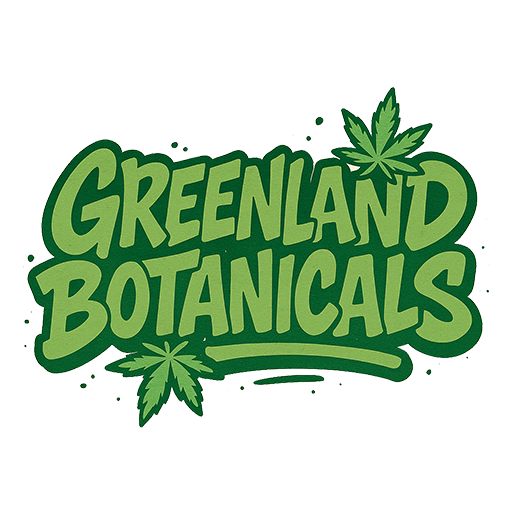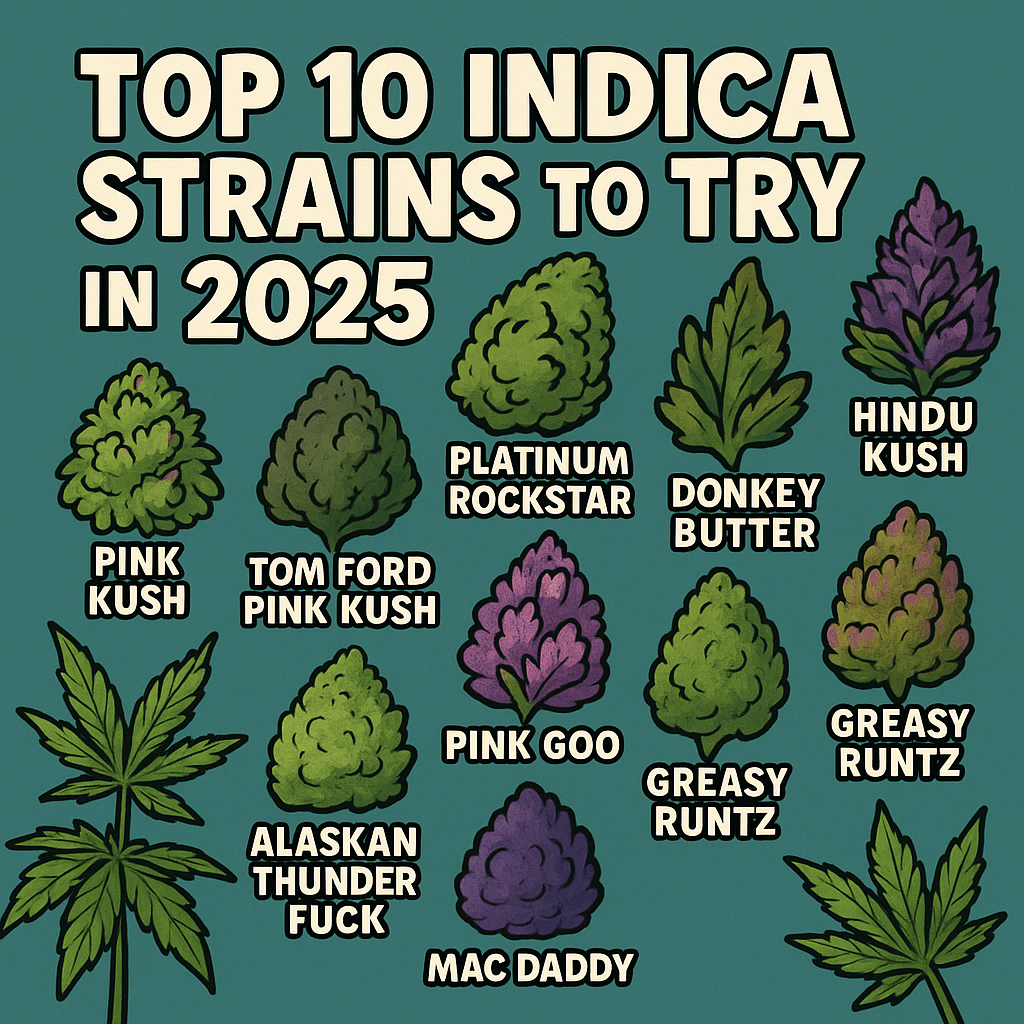Uncategorized
CBD vs THC: Which Is Better for Anxiety?
CBD vs THC: Which Is Better for Anxiety?
Anxiety is one of the most common mental health challenges facing people in Canada and beyond. According to the Canadian Mental Health Association, nearly 1 in 4 Canadians will experience an anxiety disorder at some point in their lives. Whether it’s general anxiety, social anxiety, or panic attacks, the search for effective relief is widespread — and increasingly, many are turning to cannabis-based therapies like CBD and THC.
But when it comes to managing anxiety, which cannabinoid actually performs better: CBD or THC? This article explores both options through scientific studies, real user feedback, and practical use cases so you can make an informed choice based on real-world facts.
What Exactly Are CBD and THC?
CBD (Cannabidiol) and THC (Tetrahydrocannabinol) are both cannabinoids — naturally occurring compounds found in the Cannabis sativa plant. Together, they are the two most researched and consumed cannabinoids today.
- THC is the primary psychoactive compound. It binds directly to CB1 receptors in the brain, producing a euphoric “high.”
- CBD, by contrast, doesn’t bind to CB1 receptors and doesn’t cause intoxication. Instead, it modulates receptor activity and indirectly supports your body’s endocannabinoid system — a key regulator of mood, stress response, and inflammation.
So while both affect your brain and body, their mechanisms of action are different, which is why they can affect anxiety in opposite ways.
CBD for Anxiety: What the Research Says
CBD has gained a strong reputation as a non-intoxicating anxiety reliever — and this isn’t just marketing hype. Several peer-reviewed clinical studies support its effectiveness:
Clinical Trials and Data
- A 2019 study published in The Permanente Journal followed 72 adults with clinical anxiety and poor sleep. After one month of taking CBD daily, 79.2% reported lower anxiety scores, and 66.7% had improved sleep. Source: NIH
- A 2020 double-blind, placebo-controlled trial found that a single 300mg dose of CBD significantly reduced anxiety during public speaking tests in patients with social anxiety disorder (SAD). Source: Brazilian Journal of Psychiatry
- Animal studies show that CBD modulates serotonin receptors (5-HT1A), a similar mechanism to SSRIs like Prozac, but without the same side effects.
Real-World Usage in Canada
A 2021 Canadian survey of 2,000 adult cannabis users found that nearly 50% of those using CBD-dominant products did so for anxiety, citing improved focus, better mood, and reduced stress as their top outcomes.
THC for Anxiety: Friend or Foe?
THC is a bit more complicated. While some users swear by THC’s relaxing effects, others experience paranoia, racing thoughts, or even panic — especially with high doses.
The Biphasic Effect
Scientific literature suggests that THC has a biphasic effect on anxiety:
- Low doses (around 2.5mg to 7.5mg): Can reduce anxiety by activating CB1 receptors, promoting dopamine release, and relaxing the central nervous system.
- High doses (10mg and above): Often trigger anxiety, restlessness, or paranoia, particularly in THC-sensitive individuals or those with underlying anxiety disorders.
This effect was confirmed in a 2017 University of Chicago study where participants given 7.5mg of THC reported reduced stress, but those given 12.5mg felt more anxious and underperforming in social tasks. Source: Drug and Alcohol Dependence Journal
Canadian Cannabis Reports
In a report by Statistics Canada, 21% of cannabis users aged 25 to 44 reported experiencing negative effects like anxiety or paranoia, especially when using high-THC strains or concentrates.
That said, THC can still help with anxiety in specific contexts:
- Acute panic during trauma recovery
- Nighttime anxiety or insomnia-related stress
- When combined with CBD to buffer side effects
CBD vs THC: Which Is Safer for Long-Term Use?
When looking strictly at safety and tolerability, CBD is the clear winner:
- CBD is non-intoxicating, does not impair cognitive function, and is not habit-forming.
- THC, especially at higher doses, can interfere with memory, motor skills, and can potentially be habit-forming over time.
The World Health Organization (WHO) has declared that “CBD is generally well tolerated with a good safety profile” and does not produce dependence. Source: WHO report
Combining CBD and THC for Anxiety: The Entourage Advantage
Research suggests the best anxiety relief might come from using both CBD and THC together in balanced ratios, especially in low to moderate doses.
This is called the “entourage effect”, where multiple cannabinoids and terpenes work synergistically to enhance each other’s effects.
- A balanced 1:1 ratio of CBD and THC has been shown to enhance therapeutic outcomes while reducing the intensity of THC’s psychoactive effects.
- Strains like Harlequin, Cannatonic, and Pennywise are known for their CBD:THC balance and anxiety-friendly effects.
Canadian licensed producers now offer a range of CBD:THC oils, capsules, and edibles, many of which are available at Greenland Botanicals for nationwide delivery.
Practical Recommendations for Canadians
If you’re considering cannabis for anxiety, here’s what current data and clinical recommendations suggest:
| Scenario | Best Option | Notes |
|---|---|---|
| Daily anxiety at work or school | CBD isolate or full-spectrum CBD oil | Keeps you clear-headed |
| Occasional acute anxiety or panic | Low-dose THC (2.5–5mg) | Use in a calm environment |
| Nighttime anxiety/sleep issues | CBD + low-dose THC | Helps unwind without paranoia |
| Chronic stress + pain combo | Balanced CBD:THC product | Combines anxiety and pain relief |
| First-time user | Start with CBD | Easier to gauge reaction |
Always buy from licensed Canadian retailers like Greenland Botanicals to ensure proper dosing, safety, and legal compliance.
Final Verdict: CBD Is Safer and More Reliable for Anxiety
After reviewing clinical trials, user reports, and expert opinions, CBD stands out as the better first-line option for managing anxiety — especially for daily use, long-term treatment, and people new to cannabis.
THC does have a place, particularly for specific anxiety triggers or when paired carefully with CBD. But for most people, especially those who are THC-sensitive or new to cannabis, CBD is the clear starting point.
5 Data-Driven FAQs
1. Is there a medical cannabis product approved for anxiety in Canada?
While no cannabis product has formal approval from Health Canada for anxiety alone, doctors can prescribe CBD-dominant oils for off-label use. Many patients access these through medical authorization.
2. Can I use CBD oil every day without side effects?
Yes. Most studies show long-term daily CBD use is well tolerated with minimal side effects. Always start with a low dose and increase gradually.
3. What’s a safe THC dose for anxiety beginners?
Start with 2.5mg to 5mg, ideally in edible or oil form. Avoid concentrates or high-THC flower until you know how your body responds.
4. Will CBD or THC show up on drug tests?
THC will trigger positive results. CBD isolate won’t, but full-spectrum CBD may contain trace THC. If you’re drug-tested regularly, choose THC-free products.
5. What are the best Canadian cannabis strains for anxiety?
CBD-rich strains like Charlotte’s Web and Harlequin are popular. Balanced hybrids like Pennywise or Cannatonic are also commonly used for anxiety.


